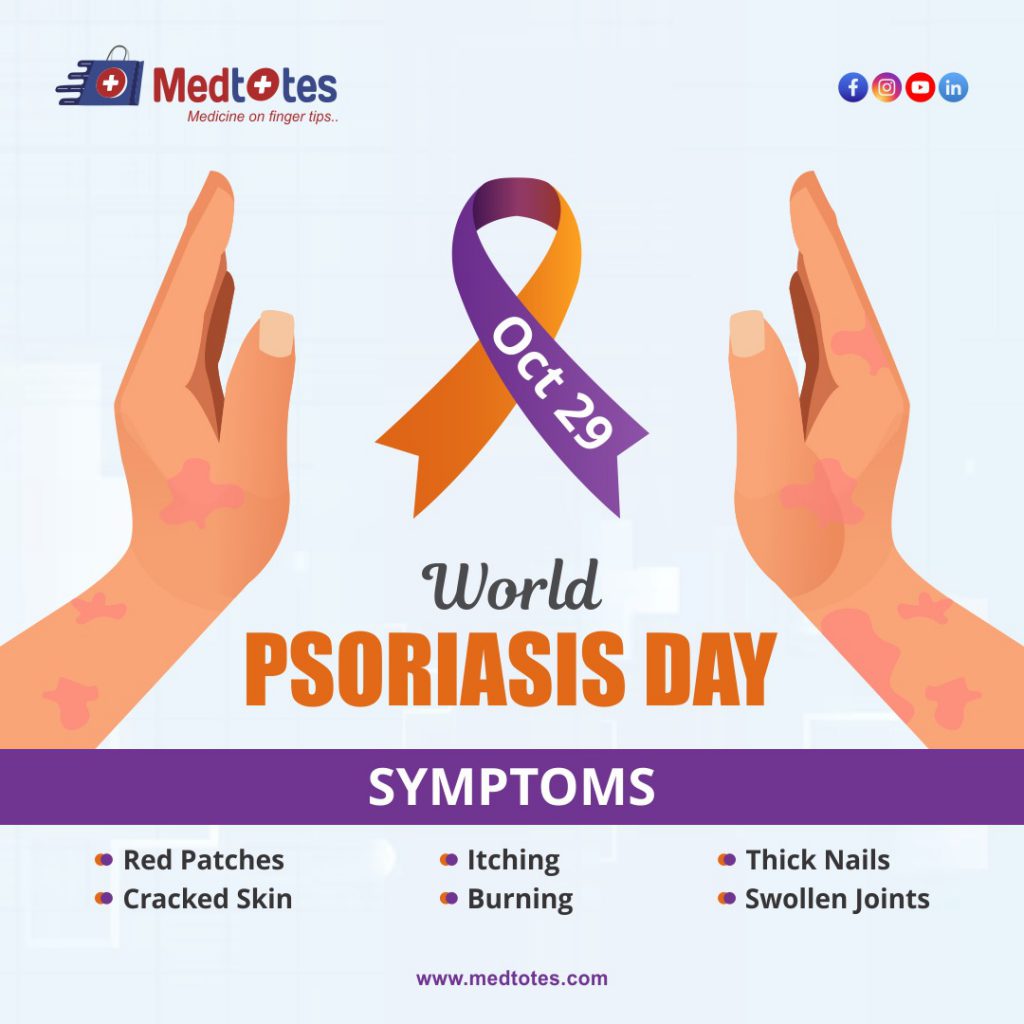I. Introduction OF PSORIASIS
Psoriasis is a chronic autoimmune condition that affects the skin, causing red, scaly patches to develop. It can be itchy, painful, and even embarrassing for those who suffer from it. The exact cause of psoriasis is not fully understood, but it is believed to be a combination of genetic and environmental factors. This condition can have a significant impact on a person’s quality of life, both physically and emotionally.

II. What is Psoriasis?
Psoriasis is a condition that can vary in severity, with some individuals experiencing only mild symptoms while others may have more severe outbreaks. The most common type of psoriasis is plaque psoriasis, which is characterized by thick, red patches of skin covered with silvery scales. Other types of psoriasis include guttate, inverse, pustular, and erythrodermic psoriasis. These different types can affect various parts of the body, including the scalp, nails, and joints. Stress, infections, and certain medications can trigger or worsen psoriasis, but it is not contagious. Treatment options for psoriasis include topical creams, oral medications, light therapy, and biologic injections. It is important for individuals with psoriasis to work closely with their healthcare providers to develop a treatment plan that works best for them.
III. Symptoms of Psoriasis
- Red patches of skin covered with silvery scales
- Itching, burning, or soreness in affected areas
- Thickened, pitted, or ridged nails
- Stiff, swollen, or painful joints
- Dry, cracked skin that may bleed
- Flare-ups triggered by stress, infections, or certain medications.
IV. Treatment Options
• Medications such as corticosteroids, retinoids, and immunosuppressants
• Light therapy using ultraviolet light to help reduce symptoms
• Biologic injections to target specific parts of the immune system
• Working with healthcare providers to create a personalized treatment plan
• Managing symptoms through lifestyle changes and stress reduction techniques
V. Conclusion
Psoriasis management is challenging, but treatment options and lifestyle changes can improve quality of life. Individuals can find relief through collaboration with healthcare providers and patience, leading to fulfilling and healthy lives.
